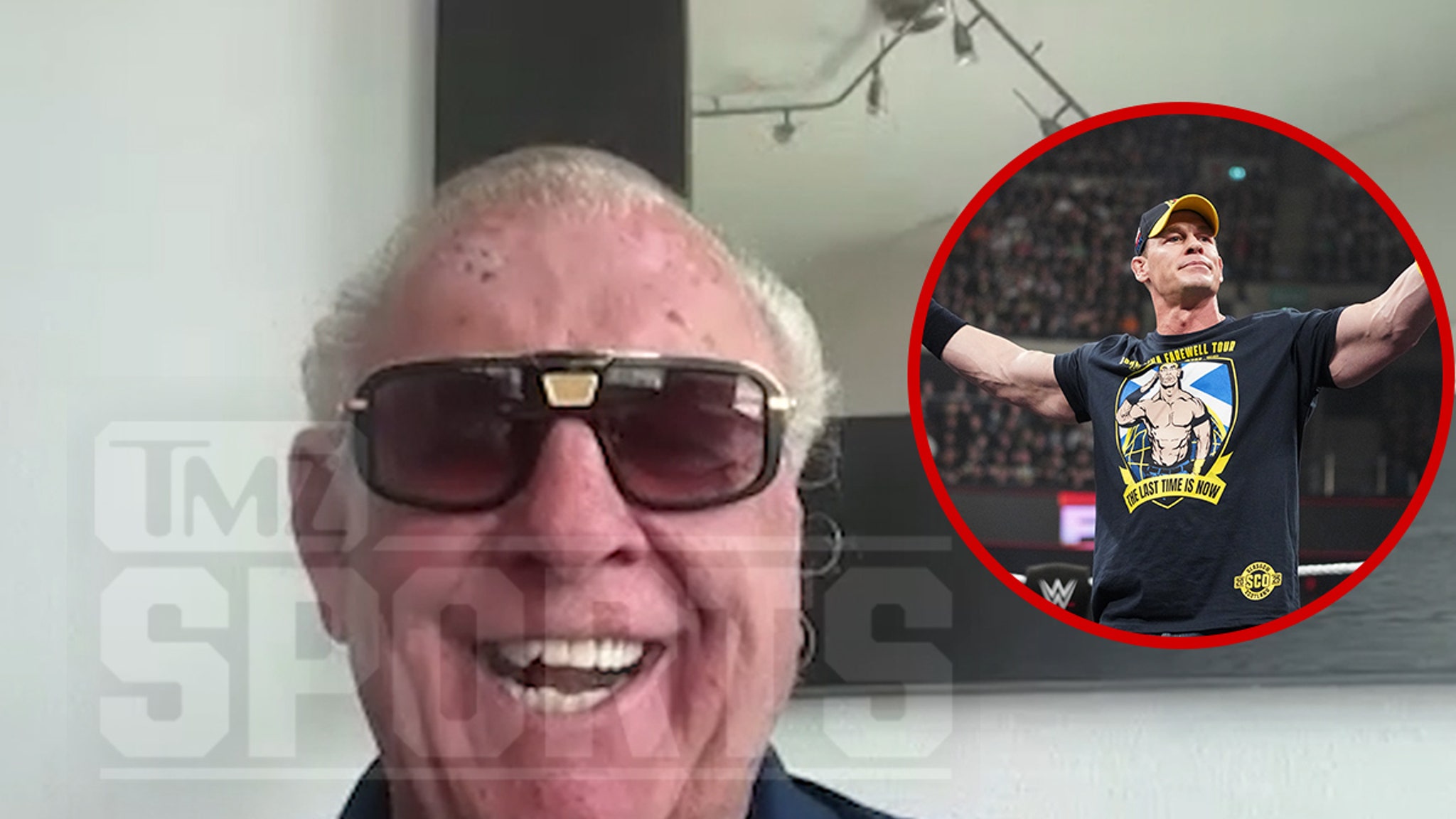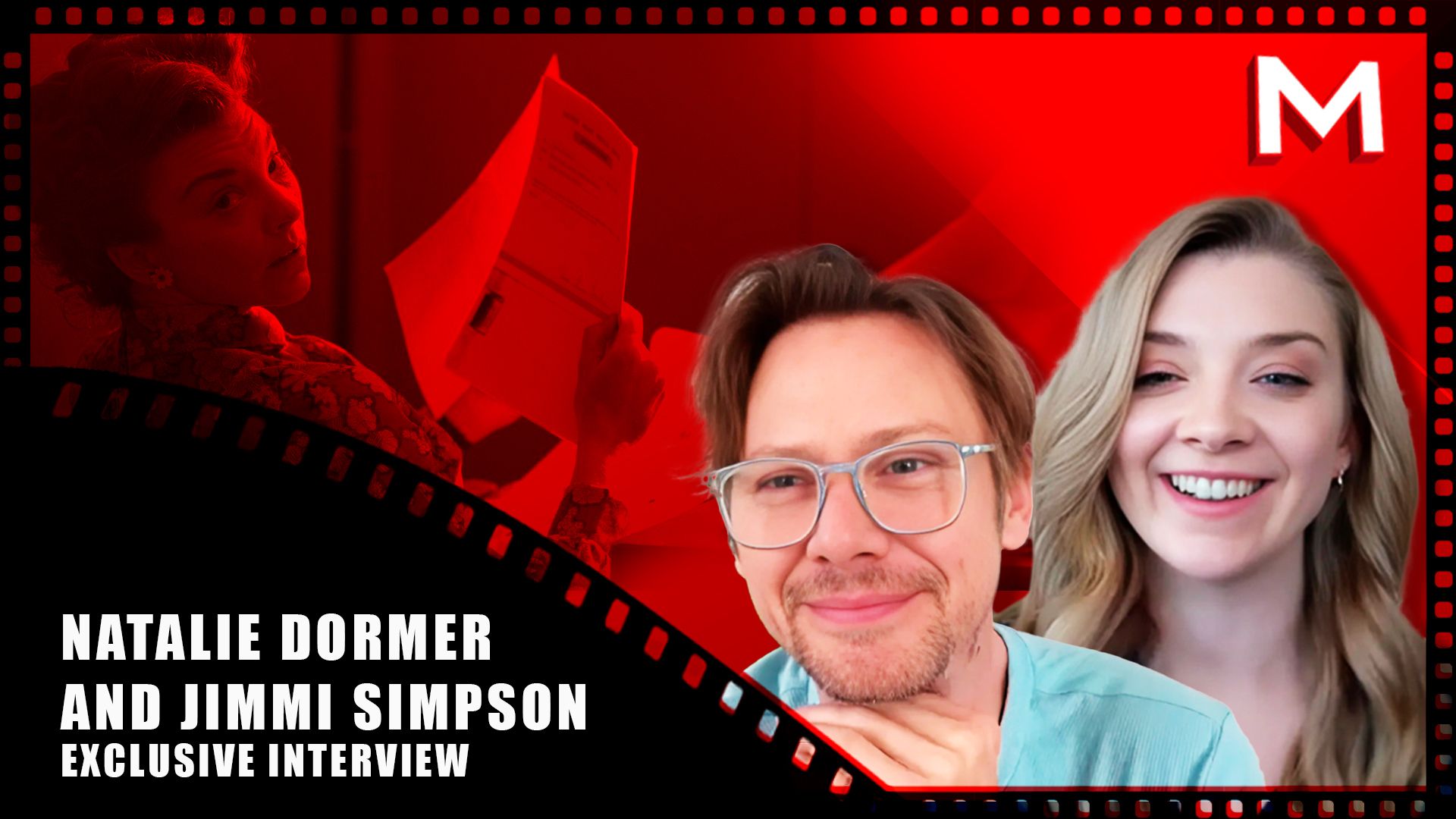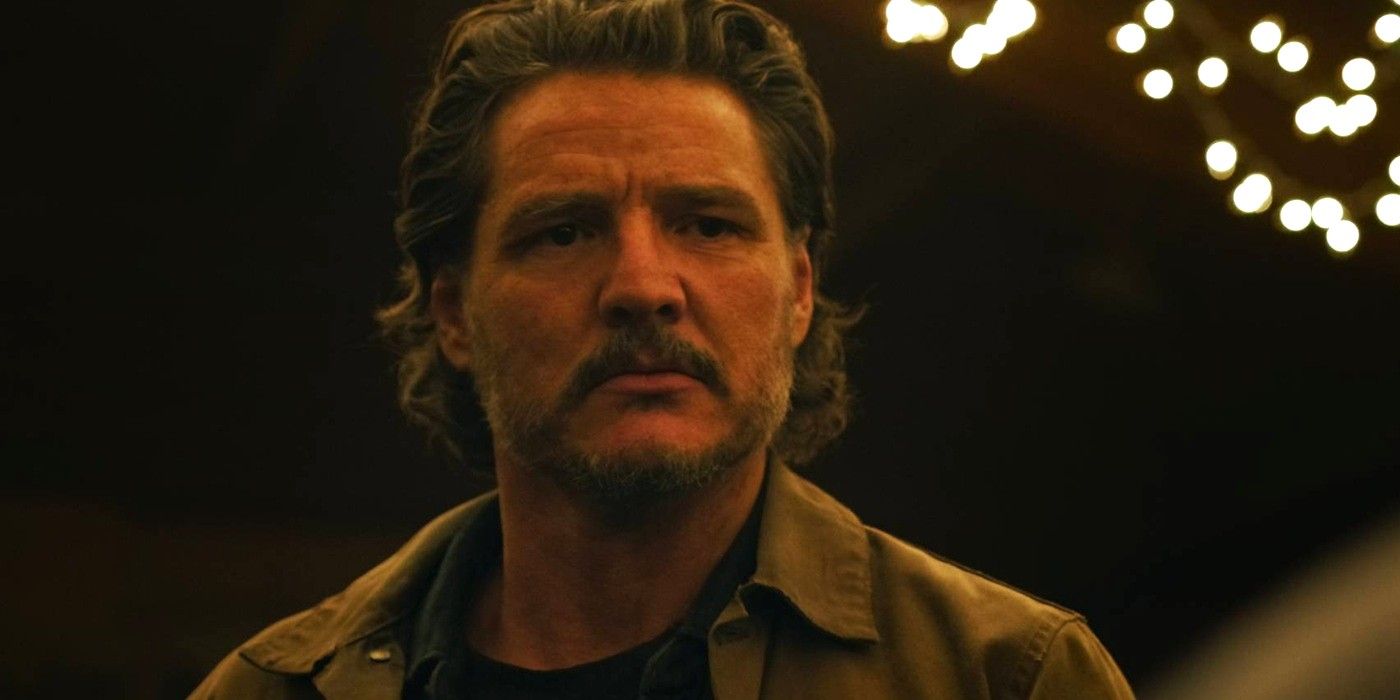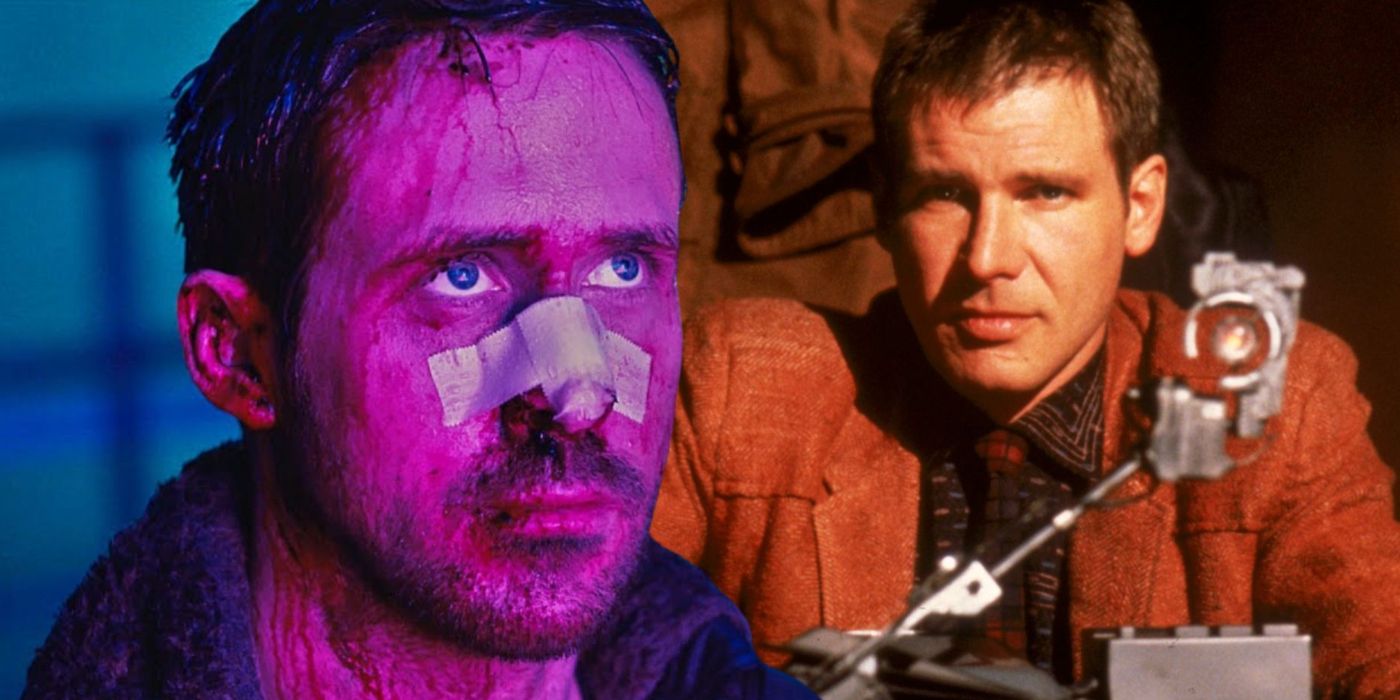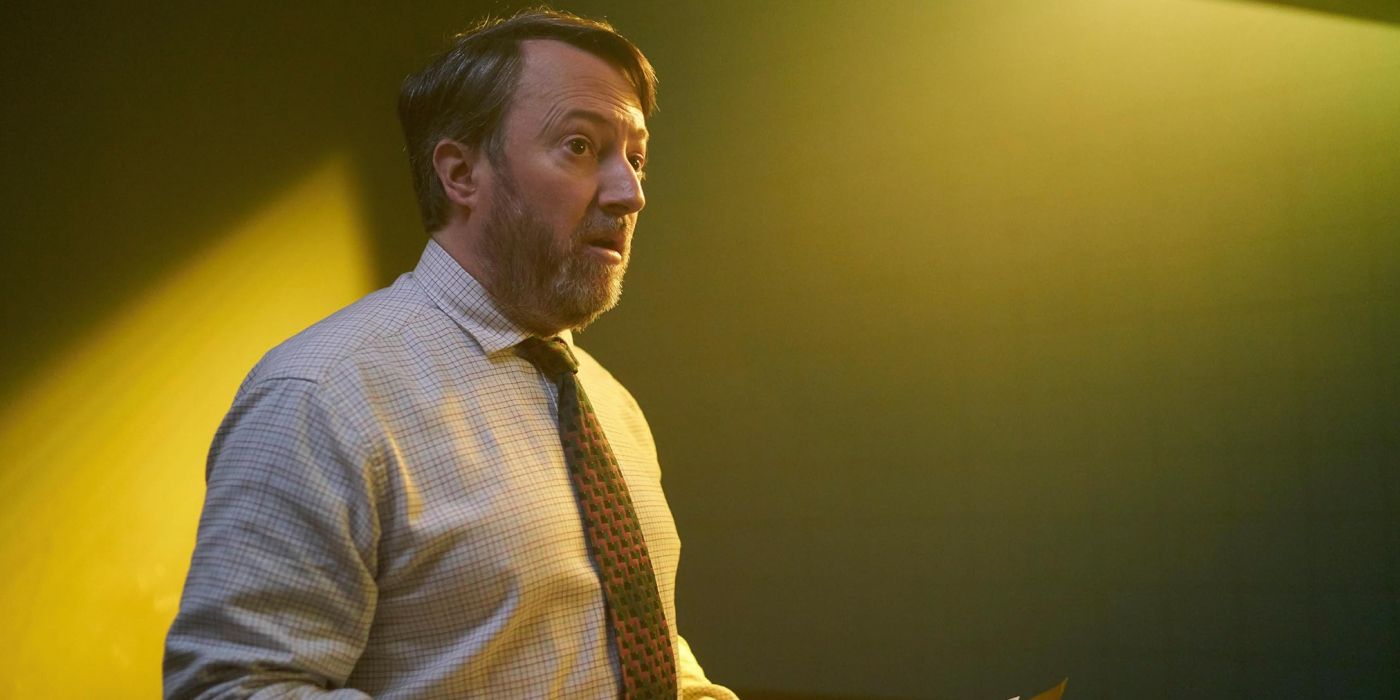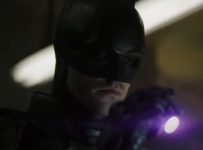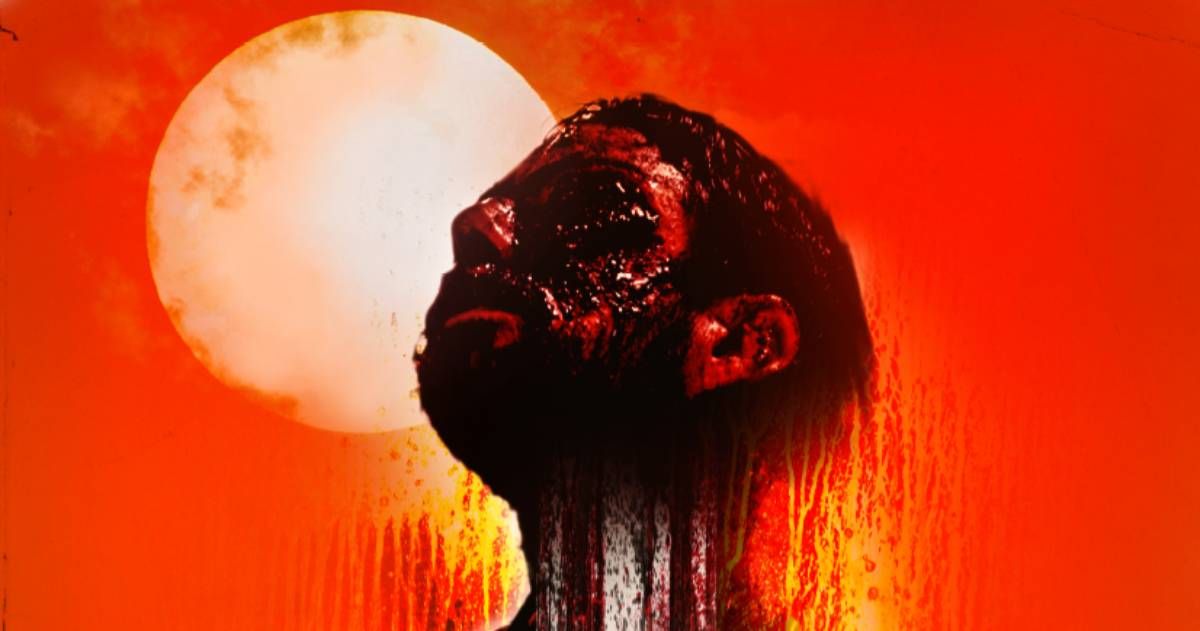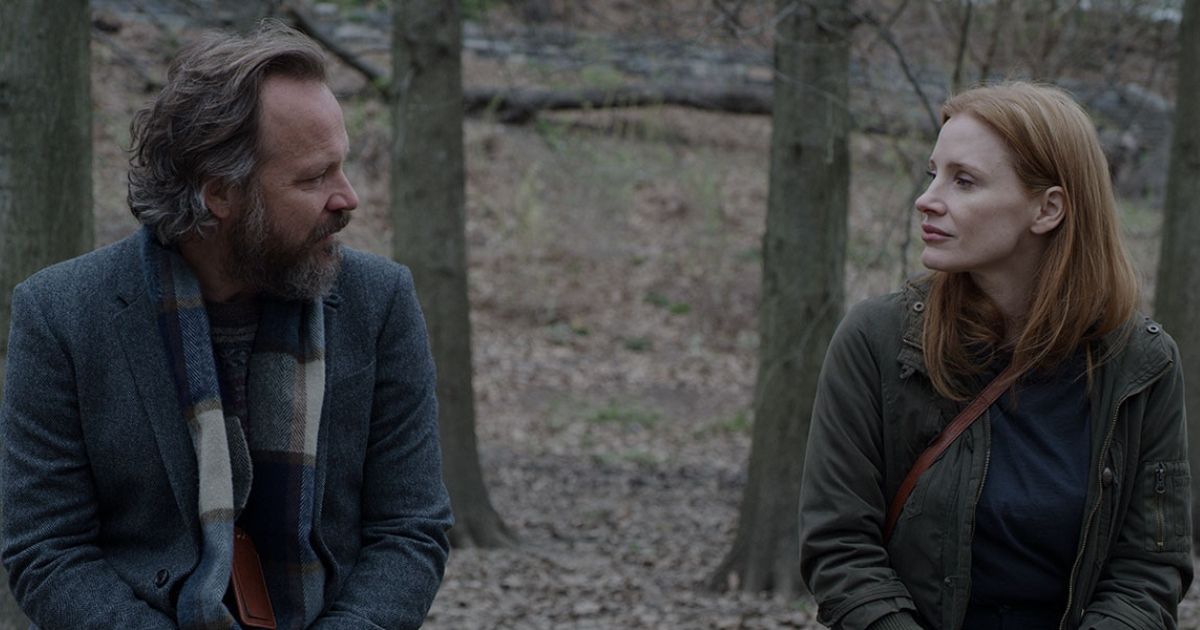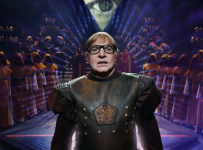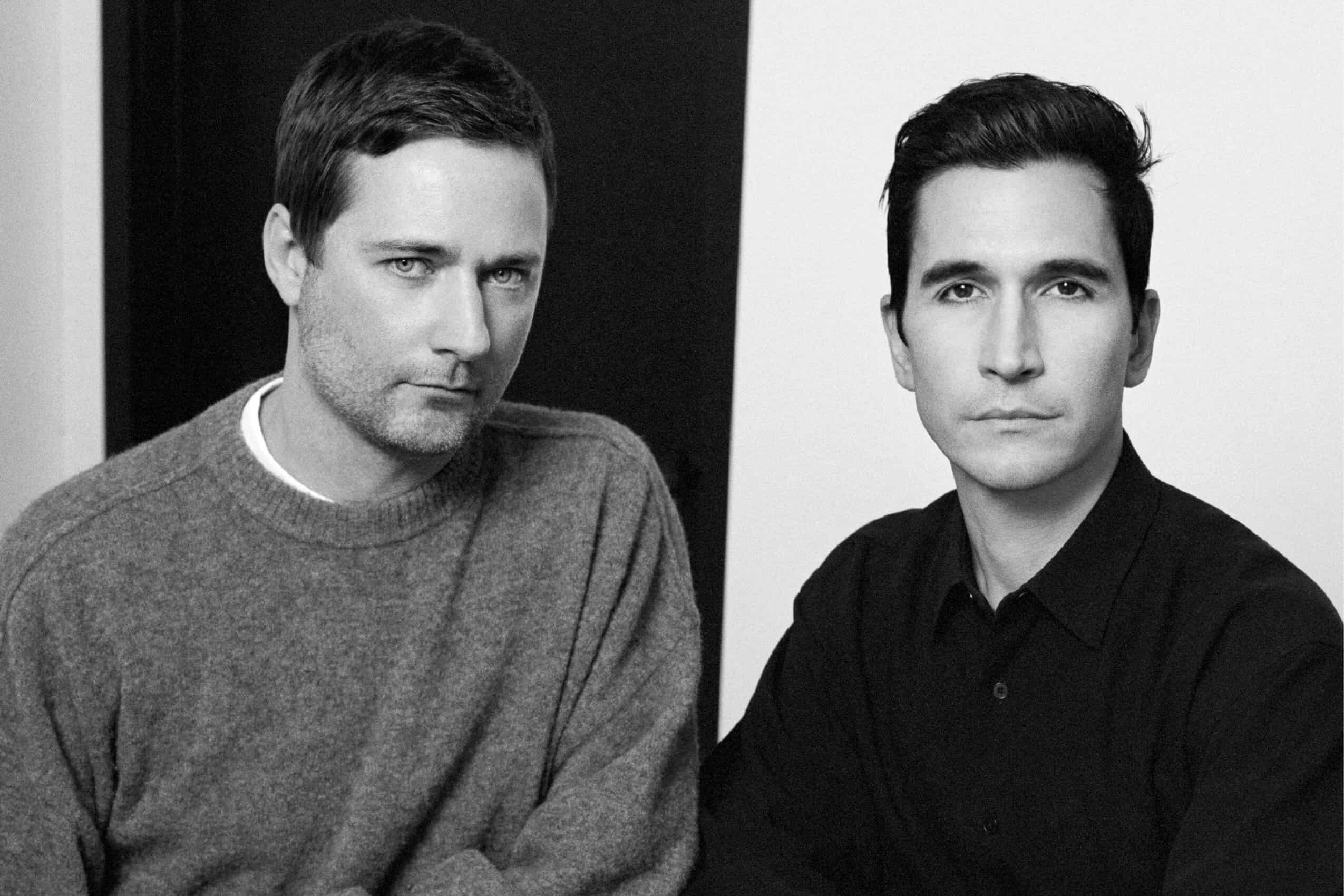One of the problems is that David Scarpa’s script tries to pack a lot of life into the running time of a single film, charting Napoleon Bonaparte’s (Joaquin Phoenix) rise to power and his warmongering ways that led to the deaths of millions of his people, going all the way to his death in 1821. Naturally, the film opens during the French Revolution, as Bonaparte ascends the political ladder of France with his war acumen above all else. An early sequence that presents the Siege of Toulon in 1793 with stunning and graphic detail is a highlight. As Phoenix’s Bonaparte leads a nighttime assault on a fort on the harbor, the actor captures his nerves in a way that hints at a more human portrayal than the rest of the film will allow, sadly. The entire sequence is shot with riveting detail, from the cannonball that rips a horse’s chest apart to the aflame figures fleeing the ships in the harbor.
The Siege of Toulon makes Bonaparte heroic enough to demand the attention of Josephine (Vanessa Kirby), a prisoner during the Reign of Terror who meets Napoleon in 1795. The letters from Napoleon to Josephine are the backbone of Scott’s film, a choice that should give the project heat and passion. Shortly after meeting, the real Napoleon wrote to Josephine, “I awake full of you. Your image and the memory of last night’s intoxicating pleasures has left no rest to my senses.” That kind of sentiment is expressed via voiceover in the film but too rarely felt in a movie that’s remarkably flat in emotional terms. Part of the problem is that Kirby never gets a grip on what to play with Josephine, a mysterious figure who becomes too much of a mirror for Napoleon before her character disappears into the historical fact that she couldn’t give Napoleon an heir, leading to their divorce. “Napoleon” needs to come to life in the bedroom and dining table scenes between Napoleon and Josephine as much as it does on the battlefield, and it just doesn’t.
Josephine ostensibly gives Napoleon the confidence he needs to be one of history’s most notable warmongers, a man who led millions to their deaths as he repeatedly used war as the answer to any question. There’s plenty of space here for a character study of a public figure who doesn’t get a lot of depth in your average history lesson. Was Napoleon the kind of world leader whose own insecurities resulted in bloodshed, an archetype we have seen throughout history? That’s here in a few places, but Scarpa and Scott are uninterested in making any sort of statement about Napoleon or men like him, then or now. A very just-the-facts approach to the political and world landscapes of “Napoleon” is incredibly disappointing for a filmmaker who usually finds so much relatability and depth in the stories he tells. And the typically resonant Phoenix can’t find anything to get his hooks in here other than the occasional unexpected choice. It’s a remarkably restrained performance for a man who inspired the phrase Napoleon Complex as if Phoenix didn’t want to lean into the “mad leader” archetype and chew scenery but didn’t find anything else to fill that hole. Worst of all, by the time “Napoleon” gets to Waterloo, we don’t know much more about the title character than we did when we came in. That’s a problem.
You can view the original article HERE.

